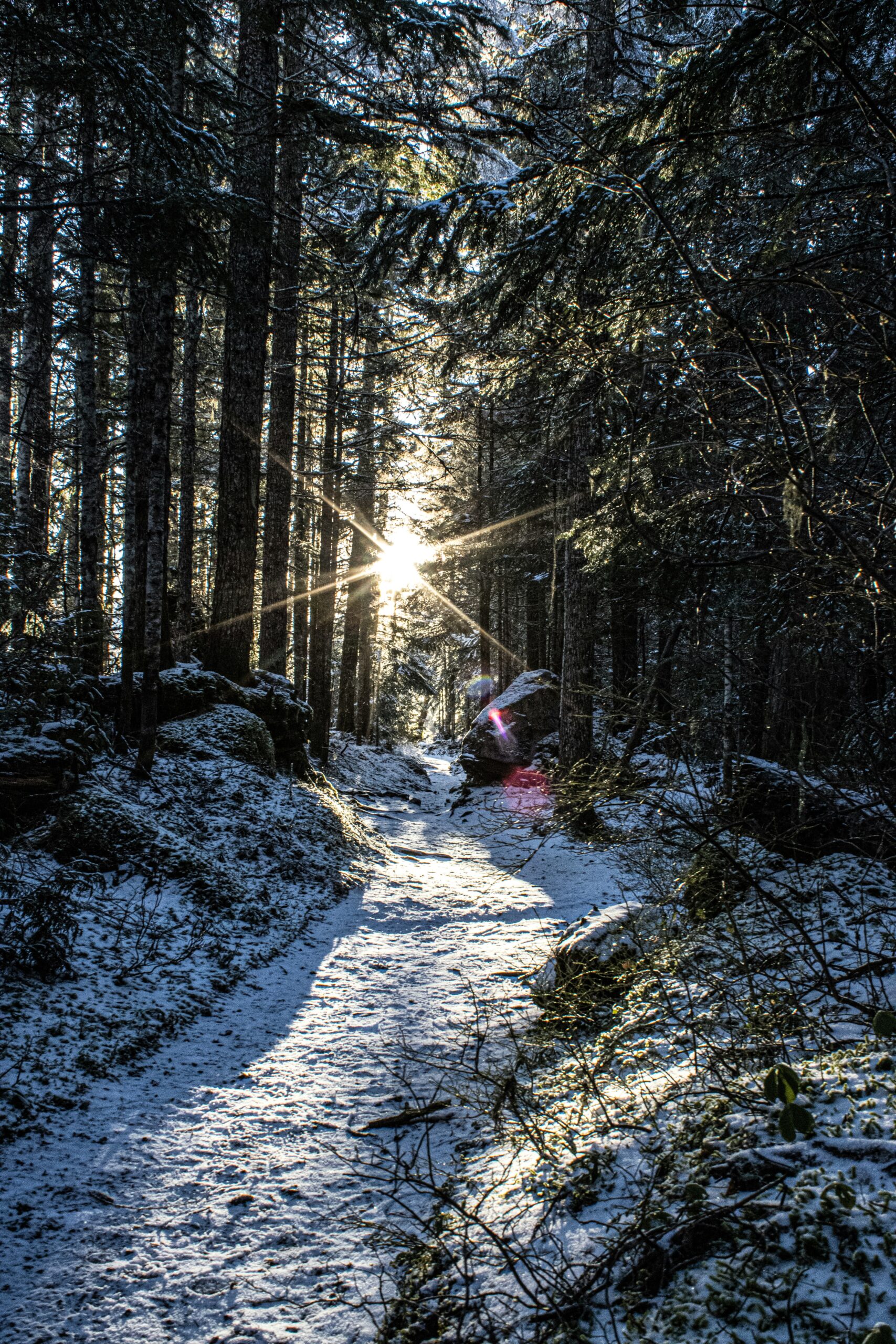For some, winter and the holidays can be hard – especially for those in the northern parts of the Northern Hemisphere. The relative lack of sunshine during the short days and extended nighttime darkness can leave those with Seasonal Affective Disorder (SAD) feeling literally sad and fatigued. This may be a particularly poignant time for those who have lost loved ones during this season, now or in times past. The never ending cares of the world may weigh heavily on empathetic types. The sensitive and religious among us may be put off by the commercialism and superficiality of a holiday season which is meant to convey spiritual truths. Glad “tidings of comfort and joy”[1] may seem illusive.
Light is a theme of many late fall – early winter holidays. These holidays include Diwali (Hindu), Chanukah (Jewish), Saturnalia (Roman), Winter Solstice (various ancient agricultural traditions), Christmas (Christian), and Kwanzaa (African American, begun in 1966). Longing for light seems to be a universal human phenomenon. It may also simply be the recognition that, at times, life can feel dark.
While each holiday can illumine truths about light, we will consider just two of them. Chanukah and Christmas are from related but distinct religious traditions. Both are set in dark times and originate in the same part of the world.
“Chanukah”, or “dedication”, commemorates the rededication of the Second Temple after the attempts of Antiochus IV Epiphanies to subjugate the region’s Jewish populace by outlawing their religious practices, undermining their values, and desecrating their Holy Space. The Temple had been defiled and looted. Through courage and tenacity, the Maccabees were able to retake the Temple. But gone was the golden Menorah – the lamp that was kept lit as the Ner Tamid (Eternal Light) in front of the Torah (“a light to my feet and a lamp to my way”- Psalm 119:105). The remembered miracle is that despite having enough oil to burn for only one night, the oil lasted the full eight days of the rededication festivities. What should not be overlooked in this miracle is its starting point: the human initiative involved in actually making a new Menorah out of the spears left behind by the enemy.[2] Certainly, this reflected the prophetic impetus to turn “swords into ploughshares and spears into pruning forks [or useful cultivation tools]” – as alluded to in Isaiah 2:4, Joel 3:10, and Micah 4:3.
Some 200 years later in the same part of the world, the dark background of the Christmas story includes a betrothed but unmarried woman, an unexpected pregnancy, mandated travel (in her third trimester) for census-taking, shelter insecurity, political unrest, and a frank disdain by ruling elites towards anyone who bowed to a Higher Authority. Regardless of how one understands the significance of those events, it is clear that through the ages many have born witness to the truth that “the light shines in the darkness, and the darkness cannot extinguish it” (John 1:5).
Both of these stories reflect the reality that light and dark are in constant interplay. Perhaps it is not so much the dark that is at issue. Rather, it seems that forces hostile to light, life, and love will use the cover of darkness to deceive, disguise, divide, and destroy. Longing for light is a spiritual recognition of that there is spark of the Divine within each human life that is meant to shine and participate in the flow of creation – this embodied experience which is itself infused with light, life, and love.
Winter holidays recede; the seasons change. As the days get longer, SAD symptoms improve. But often, the excitement or forced cheerfulness of the holidays give way to underlying concerns and the messiness of life. Hostile forces are still present. Internal or external hostile forces (often disguised as safety or comfort) ultimately seek to subjugate or destroy life. Light does not promise ease, only clarity and presence. Light can dispel the cover of darkness to reveal deceptions and hidden agendas. Clarity can help us engage life and navigate forces that are not in our best interest.
Longing for light is holy. This yearning can move us to look for and find evidence of the light, life, and love that is all around (and within) us. Deepening our relationship with light and its Source may indeed enliven our being and illumine our way.
~~~
[1] From the chorus of the traditional English Christmas carol, “God Rest Ye Merry, Gentlemen.”
[2] Angel, Rabbi Marc D., “A Menorah of Spears?”, jewishideas.org, accessed 12/24/2024, https://www.jewishideas.org/article/menorah-spears

